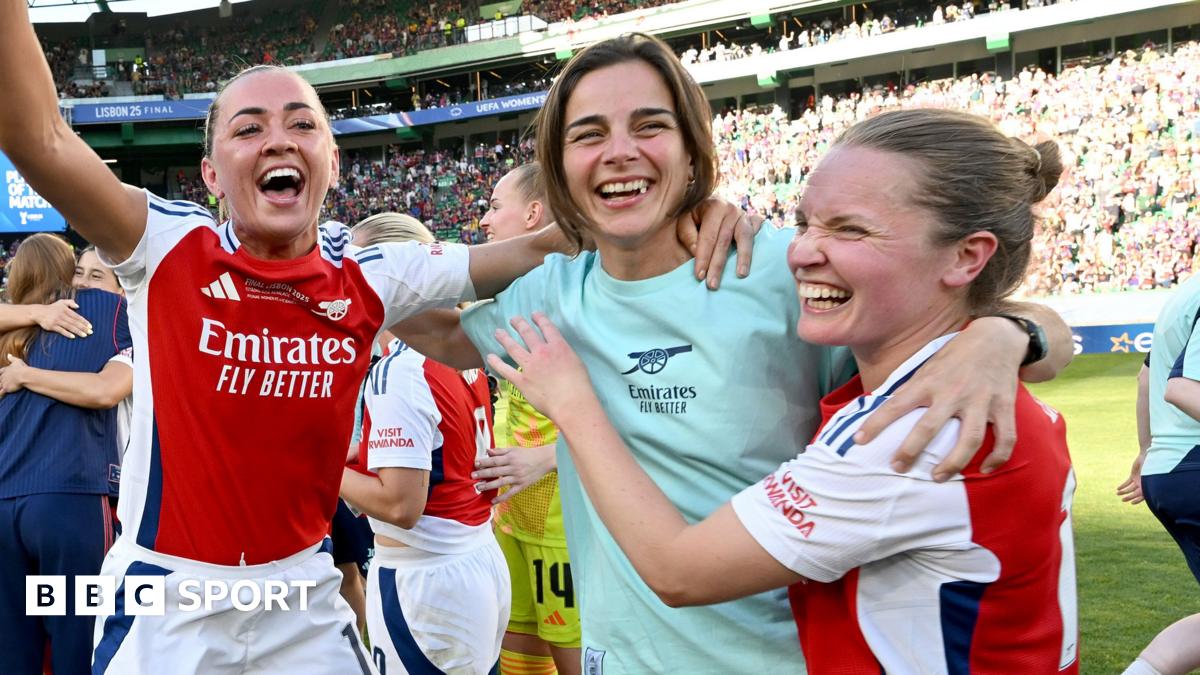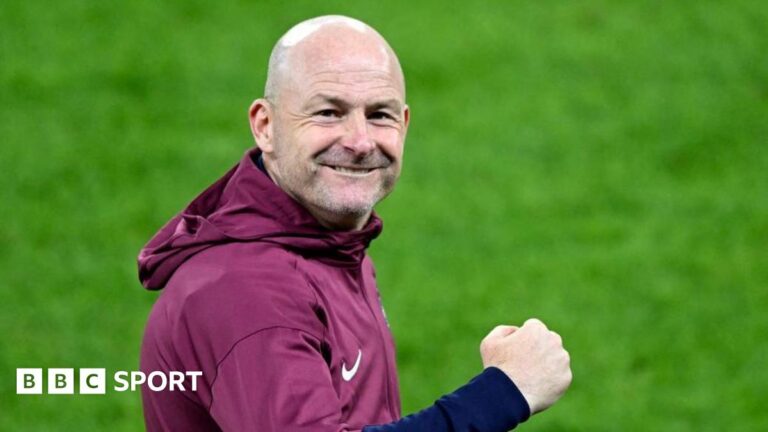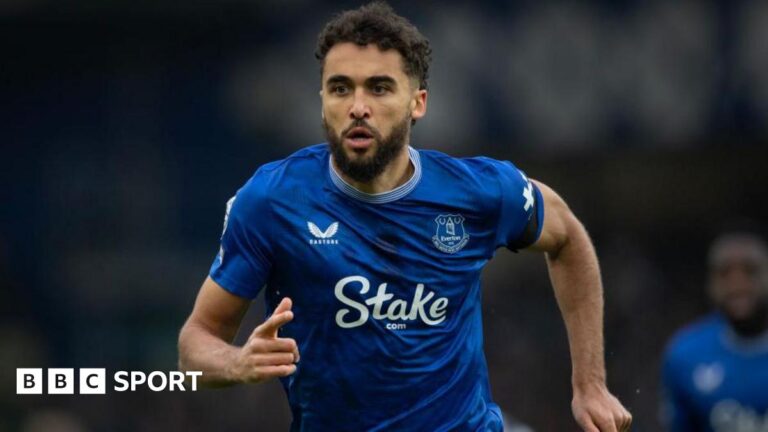

Their task was to overcome a Barcelona side chasing a third successive European title, a team that has been widely branded as the best domestic side in the world and boasted potential Ballon d’Or winners in almost every position.
Barcelona rocked up full of confidence — understandably so — and went about their business as usual. This was nothing new, nothing special, just another final.
Arsenal however, had been growing in confidence under Slegers.
Those at the club speak of Slegers’ calming influence, how she instilled a sense of empowerment and brought out the best of each of her players.
They have spoken about feeling «free» and being able to express themselves — most of the pre-match media conference comments from Russo and captain Kim Little centred around their «togetherness» and «belief».
Slegers is meticulous in her planning. Little said they had tried to replicate Barcelona’s movements in training to work out how to combat it. Several times they failed, until they found the solution.
«It was the perfect execution of a gameplan which as a footballer, is one of the best things,» said Little.
«It showed in our performance. How we approached the game was very controlled and then we had little pointers of belief as we knew we would need that.»
Slegers did her homework. Earlier in the week she spoke with Emma Hayes — the assistant manager at Arsenal in 2007 — someone who has been to battle with Barcelona on numerous occasions while at Chelsea.
She had conversations with 2007-winning manager Vic Akers, while her staff analysed all three of Barcelona’s midfielders individually, working out the strengths and weaknesses of Bonmati, Alexia Putellas and Patri.
«There are not a lot of weaknesses at Barcelona. They are on a very high level. We looked at how we could exploit it in the best way possible,» said Slegers.
«We used all possible tools to disrupt them but stay close to what we wanted to do. The game management was key to why we won.»














